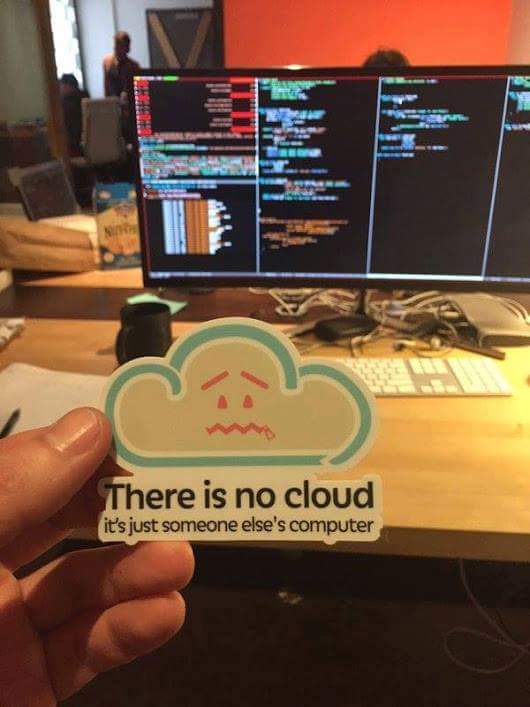Ranter
Join devRant
Do all the things like
++ or -- rants, post your own rants, comment on others' rants and build your customized dev avatar
Sign Up
Pipeless API

From the creators of devRant, Pipeless lets you power real-time personalized recommendations and activity feeds using a simple API
Learn More
Comments
-
It can be. Multi-cloud is a buzzword that's only prevalent among companies that missed the cloud boat and are desperately trying to bail water and get in on it.
To some degree it's nice from my perspective to be able to ship a sandbox and not really care about the target system, which is where containers are for me. K8s is just one option for handling that orchestration, and at this point they're all portable.
Vendor lock-in is down to how much SaaS you consume and how specialized those products are. I can move from EKS to Azure in an hour so without any real issues. I also don't tightly integrate with AWS-specific services. If it's more effort to migrate than changing a connection string and some data migration, I don't opt into it.
The one thing I do lock myself into is terraform and my infra scaffold. It works basically everywhere, from my raspberry pi cluster up.
There's always trade offs. -
 vane104866y@SortOfTested yeah maybe but you still need some container registry.
vane104866y@SortOfTested yeah maybe but you still need some container registry.
At the same point there’s lots of new languages like rust, golang, julia, kotlin, swift, typescript, nim to name a few and some parts are in one language some are in other.
I don’t know if it’s good move either.
Related Rants

 I found the rig of the year.
I found the rig of the year. When people find out the hard truth
When people find out the hard truth True or not? ;)
True or not? ;)
Unstableness of core technology stack. The more developers are there, the more complicated architecture they create that often doesn’t give any significant value besides what if something goes wrong ?
What if you make mistake ?
What if power goes down ?
I feel I am last optimistic thinking software developer on this planet.
I feel that those tools just try to give some sort of power to the management over developer free mind.
Creatures like multicloud, cloud, k8s I feel that it’s just beginning not the end of road. And this beginning is a wrong turn.
It’s just another vendor lock in.
But I might be wrong.
rant
wk207
doubts
cloud